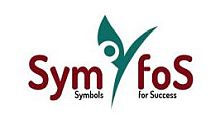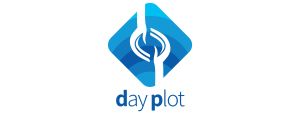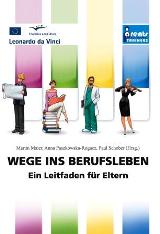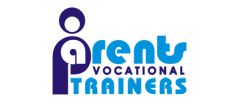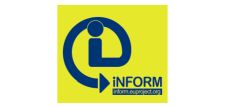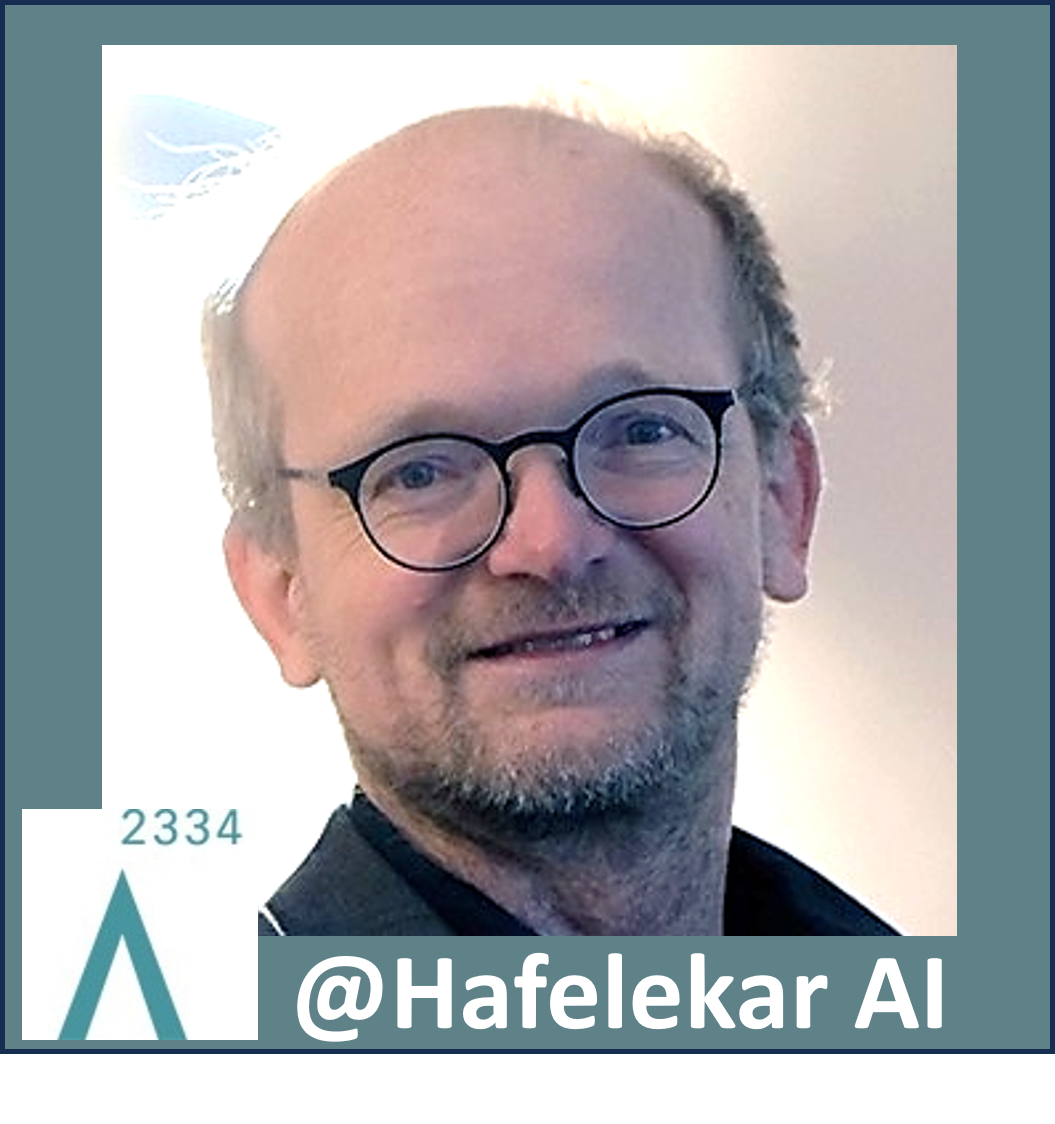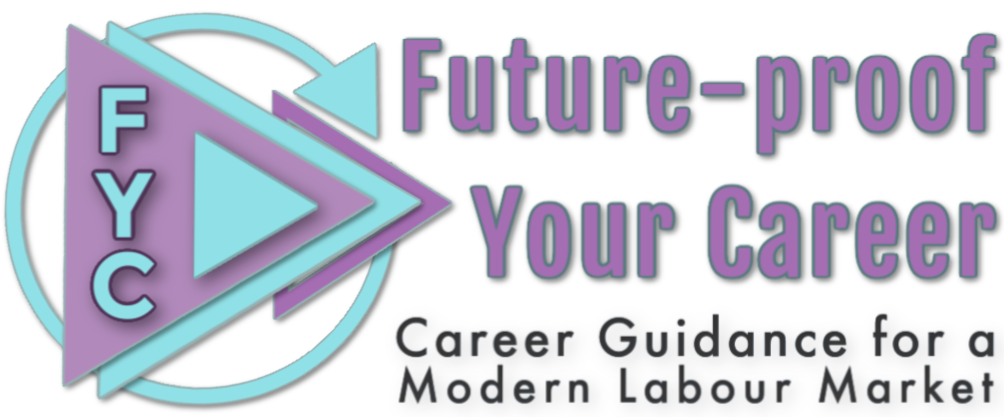
Career Guidance for a Modern Labour Market
Future-proof your Career aims to design, develop and implement a Future of Work Framework, focused on the identification -through a guidance process- of transversal skills which can be used to future-proof the careers of disadvantaged job seekers and enable sustainable future employment.
This forward thinking career guidance framework will provide a way of working for guidance practitioners which facilitates quality future focused career plans for job seekers already marginalized in the labour market, so as to ensure their inclusion in a technological and digitalized world of work. It will support marginalized job seekers to understand and gain awareness of key competencies which are essential employability competences for a future labour market. These key competences underpin the ability to adapt and change to the demands of a technological workplace and are important in up-skilling in initial and continuous vocational, educational and training.
The project has three main objectives
- to enable Individuals to become aware of their own skills for the future labour market particularly in relation to communication and interpersonal skills
- to create awareness of future workplaces, their requirements, and associated VET progression routes
- to create a culture of training and up-skilling of guidance practitioners in a fast changing labour market
The main outcomes of the project
The FYC online platform: develop an online e-learning like platform which will, through a series of interactive questions and animations, help the individual identify their human, social and psychological capital, and their connection to the current and longer-term labour market. It will identify areas where the individual could benefit from vocational or industry specific upskilling. It will provide the individual and their guidance practitioner with a report outlining existing capabilities and make suggestions as to how these could be built upon and utilized and thus enable the individual to prepare for a labour market which is driven by automation and digitization.
FYC Training Modules for Practitioners: Development of a training module for practitioners on the future of work, the types of jobs available, their make up in terms of hard and soft skills, and the career path options available to job seekers
Project duration
October 2019 to September 2021
Project Partners
Ballymun Job Centre (Irland) – Koordination
Hafelekar Unternehmensberatung (Österreich)
METROPOLISNET (Deutschland)
CIOFS – Formazione Professionale (Italien)
Universitatea Politehnica din Bucuresti (Bulgarien)
Headway Ireland CLG (Irland)
Fundacion Tomillo (Spanien)

This project has been funded with support from the European Commission. This communication reflects the views only of the author, and the Commission cannot be held responsible for any use which may be made of the information contained therein.


